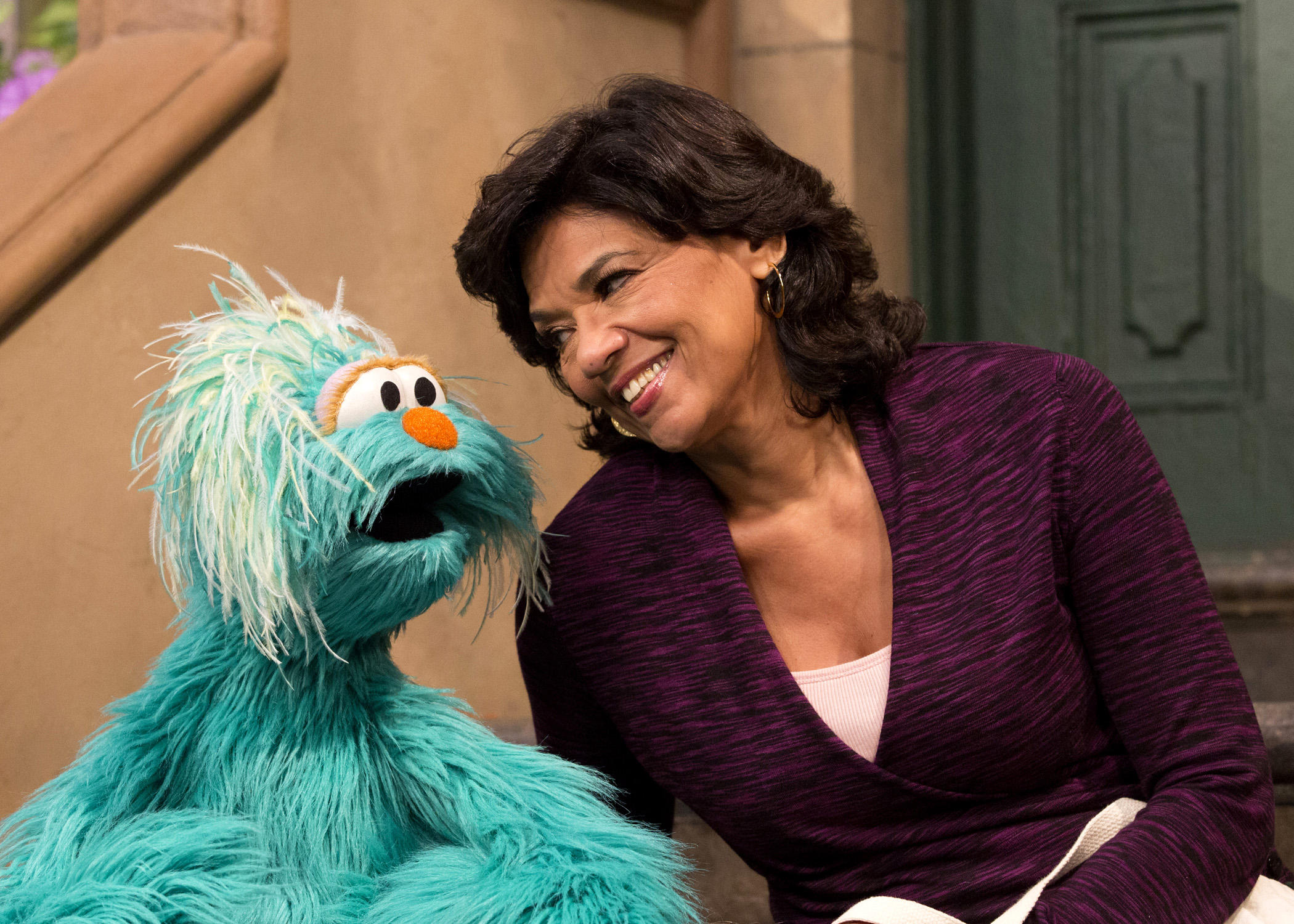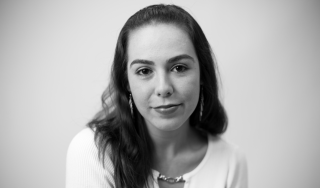
Sesame Street Is Diversifying Its Writers' Room!
It just got easier to get to Sesame Street (if you’re from an underrepresented racial background, that is).
What if your drab, only human neighborhood got an upgrade, letting fuzzy, cuddly, and varicolored characters with colossally cute eyes and huge hearts live right next door to you?
They have funny noses, silly squeaky voices, and gnarly haircuts (or, in some cases, pounds of daffodil plumage).
Some are grown men obsessed with rubber duckies, some claim that they are best friends with their goldfish, and some are seriously addicted to crumbly confectionaries.
On this block alone, there’s a grouch that lives in a trashcan, an unabashed vampire, and whatever a “Mr. Snuffleupagus” is supposed to be.
And yet, in spite of its zaniness, quirks, and abundance of Muppets, this is the most desirable real estate that has ever been imagined.
Thanks to the genius of Jim Henson’s avant-garde puppetry design and his longing to educate and evoke giggles from both children and adults alike through nonhuman actors, Sesame Street has been transforming and evolving pop culture and pre-school curriculum since 1969.
Grover, Abby Cadabby, Sam the Robot, Baby Bear, Prairie Dawn, Zoe, The Two-Headed Monster, Kermit, have been given enviable on-screen time on PBS and HBO for almost fifty years. As a result, they’ve won over 167 Emmys and 8 Grammys (and counting).
Not too shabby for a couple of monsters.
Of course, one would be remiss to not commend the kind and patient humans that serve as the yin to the yang of the frantically upbeat Muppets. Given that Sesame Street has always been progressive and socially aware, some of the main stars of the cast have been Latinos since the show’s inception! These characters have been played by Emilio Delgado, Sonia Manzano, Jaime Sánchez, and Ismael Cruz Córdova.
Notable visits to Sesame Street from a diverse array of celebrities and personalities from our universe have furthered the show’s mission of being inclusive and relevant.
Other human talent is behind the scenes, in a writers’ room, discussing how to strike a balance between bubbly and infantile, current and poignant. Their job is seemingly deceptive.
How hard can it be, really, to create lyrics such as:
“La la la la, la la la la, Elmo’s world”?
Incredibly.
Sesame Street has been widely known for its lovable, hilarious, and furry rascals, but it has also been popularized for the messages that it conveys for its audiences.
RELATED CONTENT
The show has introduced characters who have been on the autism spectrum, characters facing economic difficulties, and characters who have had to deal with death. Topics have ranged from the 9-11 terrorist attacks and Hurricane Katrina to racism, civil disobedience, and AIDS.
The wholesome and moving ways in which the show addresses these thorny subjects is why, in spite of controversies and threats to pull their plug, Sesame Street reigns as an outlet for early childhood education.
And now, with the demands of a population becoming ever-more multicultural and multifaceted, and with more and more parents longing for their children to consume quality content on television that reflects their personal values, Sesame Street is calling for diverse candidates to embark on an intensive workshop experience that will ultimately culminate in two fellowships.
In order to be eligible, participants must: “be a U.S. citizen, be 21+ years old, have no extensive writing experience, and should be able to attend all 8 weekly sessions in New York City during June and July”. Although the workshop is free, candidates are expected to provide for their own lodging and transportation.
Most importantly, in order to apply, one must be from “an underrepresented racial group”. This is defined as being “Asian, Pacific Islander, Black, Hispanic, Native American, Middle Eastern, or multiracial”.
The application is fairly dense, but opportunities this great aren’t supposed to come easily. An application form must be filled out, along with sending in your résumé, a personal statement, and an 11-page original script with “kid-friendly content”.
The application is due on February 4th, 2018.
It would be wonderful to hear of a PhilaLatino writing for Sesame Street, going over scripts with Ovejita and Rosita, and hanging out with Osvaldo el Gruñon.
If any of you AL DÍA readers out there are willing to take a chance on your creativity- and on the child in your hearts -drop me an email to let me know how the application process went. Best of luck, writers!











LEAVE A COMMENT: